Did you know that millions of US people have food allergies? Yes! However, the reaction to food allergies may differ from person to person. Some food allergies are common, but some are rare. Here are some of the food items that cause allergies and simple prevention methods! Without any further delay, let's dive into the blog to learn more about them!
What is Food Allergy?

A food allergy is how your body reacts to certain food items. It is not measured by quantity. Even a gram of such food may cause allergic reactions, such as hives, digestive issues, and more. In rare cases, it may also result in life-threatening situations, like anaphylaxis.
Foods That Cause Allergies
Here are some of the most common foods that cause allergies. Unexpectedly, more than 90% of people are allergic to one or more items listed below:
The immune system fights against infections and keeps you healthy. However, some foods contain substances that trigger the immune system, causing allergic symptoms. This can be a result of hereditary or dietary habits, which are not predictable.
You can indeed inherit allergies from your parents as well as siblings. Blame the gene!
Symptoms of Allergic Foods
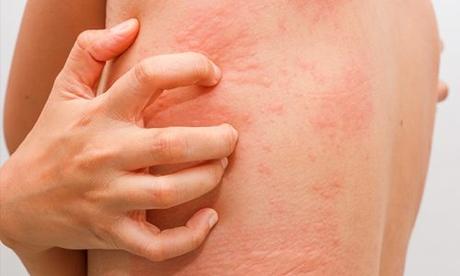
Allergic reactions appear within a few minutes to two hours of eating the food. The symptoms can be different from mild to severe, and it also depends on the immune response. Here are some of the symptoms of allergic foods that you may experience:
You may also notice food allergy symptoms four to six hours later or even later. It's common in children with eczema. Other types of delayed allergy reactions stem from food protein-induced enterocolitis syndrome(FPIES), which is one of the most severe gastrointestinal reactions that generally occurs after four hours of consuming milk, soy, wheat, and other foods.
This condition is common in infants trying a particular food for the first time. It is characterized by repetitive vomiting and dehydration. In some rare cases, babies may also notice blood in their stools.
Keep in mind that not everyone who has symptoms after eating certain foods has an allergy or needs to avoid that food completely. Some people may feel itching in their mouth and throat after eating raw fruits or vegetables, which is called oral allergy syndrome. This can make it difficult to breathe and talk. Cooking the food can help prevent this allergic reaction.
Foods That May Help with Food Allergy Symptoms
Here are some of the foods that you can eat without any fear if you are allergic to certain foods
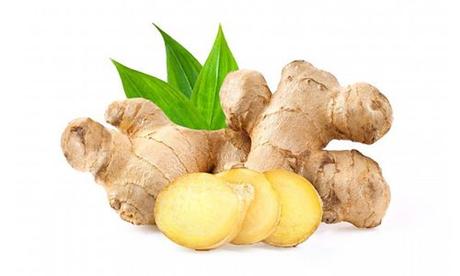
Did you know? Many kinds of food allergy symptoms occur due to inflammatory issues like swelling and throat irritation. Ginger can help reduce food allergy symptoms naturally.
has been used as a natural remedy for many health problems, and it has been proven scientifically effective. It contains antioxidative and anti-inflammatory properties, which help prevent food allergies.
Citrus Fruits

Citrus fruits like oranges, grapefruit, lemons, and limes contain vitamin C, which may help prevent allergies and, to some extent, cure respiratory irritation.
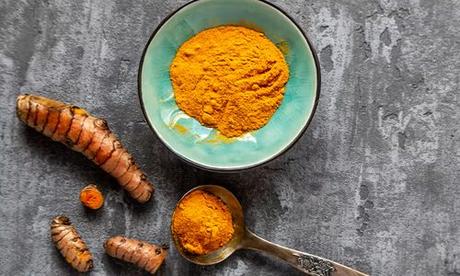
has anti-inflammatory properties, which can help minimize the swelling and irritation. Turmeric can be taken as pills, and tinctures or you can consume it as tea or add it to your foods.
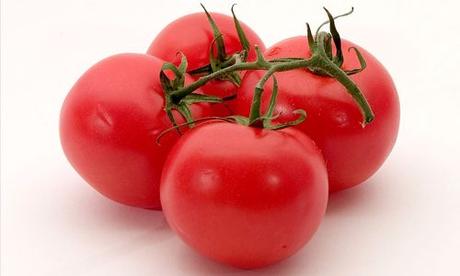
Tomatoes are another excellent source of nutrients that your body needs. You know, one small-sized tomato contains about 24 percent of vitamin C. It also has lycopene acid and another anti-oxidant compound, which helps treat and reduce food allergies.
Can Food Allergies Cause Fever?
Food allergies do not cause fever! Some allergies can trigger allergic reactions called anaphylaxis , which can lead to medical emergencies. Sometimes, allergies can make you vulnerable to a bacterial or viral infection.
How Long Does Food Allergy Last?
Allergy symptoms usually last between a few hours to a few days.
Management and Treatment
How are Food Allergies Treated?
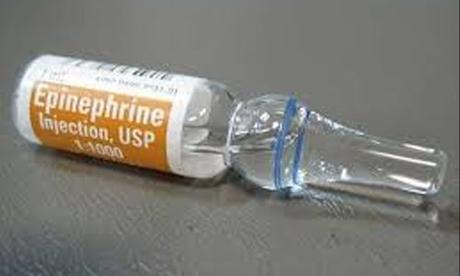
The best treatment is to avoid food items that cause allergies. Learn how your body reacts to certain food items to be prepared. You must always carry medications, including autoinjectors and epinephrine, to treat accidental ingestion.
Here are some of the medications that may help you reduce your allergic reaction symptoms, these include:
Tests That Are Used to Diagnose Food Allergies?
If you are experiencing any kind of reaction or food allergy symptoms, then a skin test takes place to confirm it . While taking the skin test, the healthcare provider:
- Applies a small amount of allergens to your skin on your arms or at your back
- And they make tiny pricks and scratches through the allergens
- Then they will measure your reaction to the allergens after the tests have been in place for up to 15 minutes
This causes areas of your skin to become red and itchy, which indicates an allergy. Your healthcare provider uses this type of allergen to determine what kind of allergy you have.
Food allergies may develop in any age group, so to make a diagnosis, the allergists ask detailed questions about your medical history and your reactions. The questions will be like:
- What did you eat? How much you ate?
- What kind of allergy are you facing?
- How long does it take for symptoms to develop?
- How long are you facing the allergic reaction?
Sometimes, your healthcare provider also takes a radioallergosorbent blood test(RAST), which helps check the level of allergic reaction in your blood. This test is specially used to specify the antibodies that indicate the allergy.
How Can I Prevent Food Allergies?
There is no specific way to prevent food allergies in adults, but in babies, sometimes breastfeeding in the initial months may prevent milk allergy. Also, the early introduction of highly allergic foods like and eggs may cause allergic reactions. So it is better to discuss it with your healthcare provider. It is better to avoid eating restaurant foods or be careful while eating in restaurants.
Can Food Allergies Cause Fever?
Gluten Intolerance
Gluten is a kind of protein that we can find in foods like grains, wheat, barley, and rye. Some people are allergic to wheat, which is slightly similar to the gluten allergy. Gluten allergy is caused by consuming wheat or due to celiac disease. Celiac disease is a digestive condition that is very dangerous if not tested or diagnosed. Many people label themselves as allergic to gluten without consulting a specialist.
Pollen Food Allergy Syndrome
Pollen food allergy, also called an oral allergy, affects people with hay fever. Mostly, some fresh fruits and vegetables or nuts species can trigger an allergic reaction that causes skin irritation and other allergic reactions. Symptoms occur when the foods are fresh or uncooked.
The following tables list some of the specific foods that can cause pollen-food allergy syndrome in people who are allergic to different kinds of pollen.
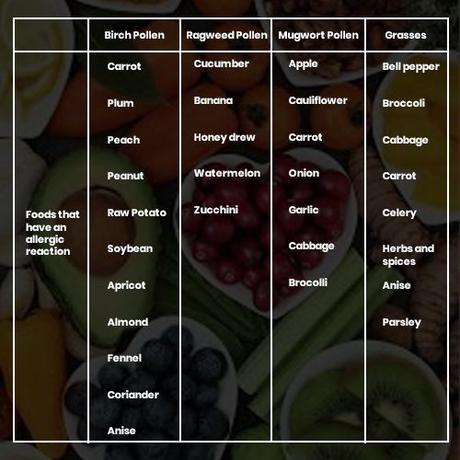
Exercise-Induced Food Allergy
Some people experience an itchy feeling and lightheadedness after eating certain food items, especially after starting exercise. If the situation is serious, hives and anaphylaxis may occur. Also, remember it is better to avoid certain food items that cause allergic reactions, mostly before exercising. Following this can help you prevent unwanted allergies in your body.
Food Intolerance
Did you know? Food intolerance plays a major role here! Food intolerance is a reaction, that happens when you eat a food that causes an allergic reaction. Following the type of food intolerance you have, you can eat a small amount of the allergic foods without causing any reaction in your body. Also, remember that sometimes, if you have a true allergy, even a very small amount of food may trigger an allergic reaction.
When to See a Doctor?

See a healthcare provider or allergist if you are facing symptoms shortly after eating. Also, seek emergency treatment if you develop any symptoms of anaphylaxis, such as:
I hope this blog helps you to gather more information about food allergies and their preventive measures. Make sure to eat what suits your body to live an allergy-free life.

Elmira is a full-time health writer at CompleteHealthNews.com where she educates and advises on how to lead a healthy life from eating to getting into fitness. She completed her master's degree at Columbia University. Her blogs are evidence-based, not opinionated. Her articles are based on a diabetes diet, weight loss, fitness, skincare, and mental health. She believes in healthy eating and also encourages her readers to lead healthier, more balanced lives. She devotes time to implement a healthy lifestyle every day.

